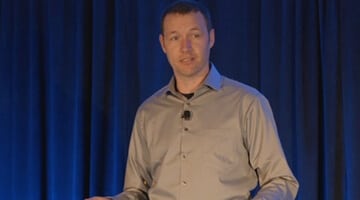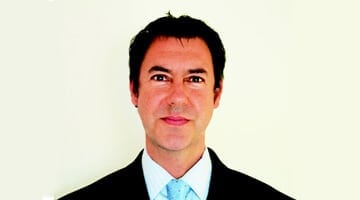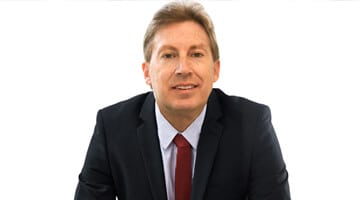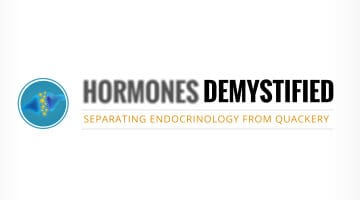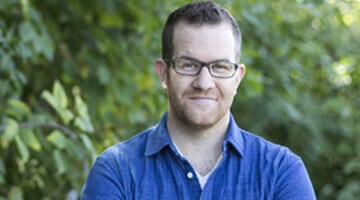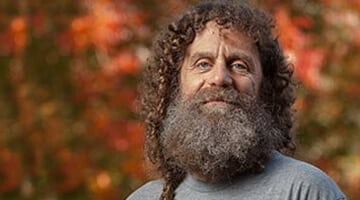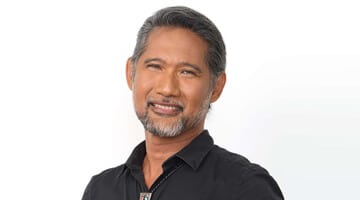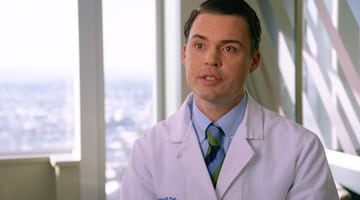My guest on this episode has a fresh, mechanistic approach to understanding the way our bodies use cholesterol. Dave Feldman is an engineer who has used self-experimentation to unpack the dynamic changes of LDL in his body. His findings have been revolutionary. On his blog, CholesterolCode.com he shares his personal journey of how a low-carb, high-fat diet and almost 100 blood tests have given him pause about the way the medical community currently diagnoses and treats patients with high LDL levels.
Dave is not a doctor. He is an engineer with a curious mind and his experiments are helping people re-frame how we see cholesterol and the impact on our health.
Key Takeaways:
[4:32] Dave was confident that his cholesterol increase wasn’t justified by the amount of weight he lost.
[10:31] The Feldman Protocol began as the Extreme Drop experiment.
[16:15] Identifying the purpose of cholesterol in the body.
[26:10] Is there a sweet spot for the body to make itself fast, available energy?
[31:24] A diet three days before a cholesterol test can make a significant impact on the results.
[37:15] The frustrating side of science in the field of medicine.
[1:00:19] Are there long-term dangers to being in ketosis for a long period of time?
Mentioned in This Episode:

